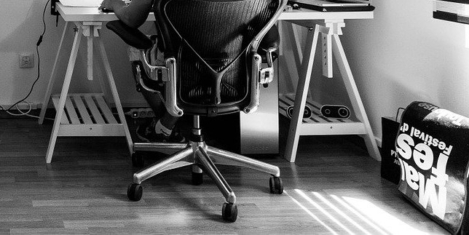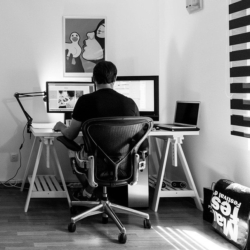To provide the best experiences, we use technologies like cookies to store and/or access device information. Consenting to these technologies will allow us to process data such as browsing behaviour or unique IDs on this site. Not consenting or withdrawing consent, may adversely affect certain features and functions.
The technical storage or access is strictly necessary for the legitimate purpose of enabling the use of a specific service explicitly requested by the subscriber or user, or for the sole purpose of carrying out the transmission of a communication over an electronic communications network.
The technical storage or access is necessary for the legitimate purpose of storing preferences that are not requested by the subscriber or user.
The technical storage or access that is used exclusively for statistical purposes.
The technical storage or access that is used exclusively for anonymous statistical purposes. Without a subpoena, voluntary compliance on the part of your Internet Service Provider, or additional records from a third party, information stored or retrieved for this purpose alone cannot usually be used to identify you.
The technical storage or access is required to create user profiles to send advertising, or to track the user on a website or across several websites for similar marketing purposes.
 As mandatory working from home lifts, managers should be aware that employee expectations around how they work have evolved significantly. In a report (registration) published by Soldo in collaboration with several UK universities, management experts advise that companies need to radically redesign their business processes. Employees who worked productively at home throughout the lockdown will strongly resist managers enforcing limitations on where and when they do their work. (more…)
As mandatory working from home lifts, managers should be aware that employee expectations around how they work have evolved significantly. In a report (registration) published by Soldo in collaboration with several UK universities, management experts advise that companies need to radically redesign their business processes. Employees who worked productively at home throughout the lockdown will strongly resist managers enforcing limitations on where and when they do their work. (more…)




































June 9, 2020
A thank you for the bitter knowledge offered by the lockdown
by Adam Burtt-Jones • Comment, Flexible working, Workplace design